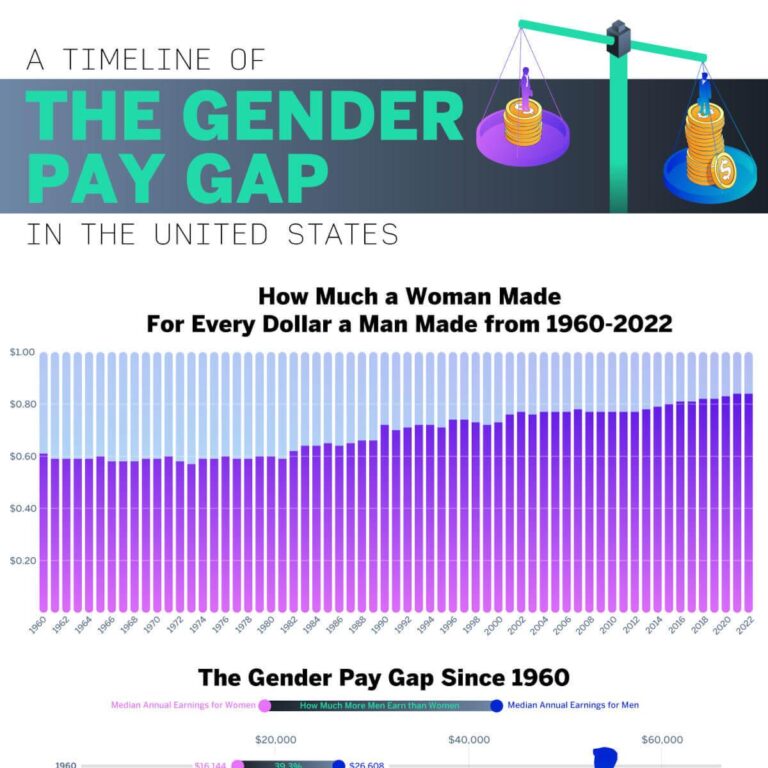Introduction to the Gender Wage Gap
The gender wage gap remains a significant issue in many countries, including Mozambique. Understanding this gap is crucial for promoting equality and fair treatment in the workplace.
Historical Context
Historically, women’s roles in Mozambique have been undervalued, contributing to the persistent wage disparity. Over decades, cultural norms and economic conditions have shaped the current landscape of employment for women.
Impact of Education
Education plays a critical role in addressing the gender wage gap in Mozambique. Higher educational attainment among women is linked to better job opportunities and higher salaries.
Employment Sectors and Disparities
The majority of women in Mozambique are employed in low-paying sectors, further widening the wage gap. Traditional roles often confine women to areas with limited growth potential, such as agriculture and informal jobs.
Government Policies and Initiatives
Efforts by the government to reduce the gender wage gap include policy reforms and support programs. These initiatives aim to empower women through various means, including skill development and access to education.
The Role of Organizations
Non-governmental organizations are crucial in advocating for gender equality in Mozambique. They work to raise awareness about the wage gap and promote policies that support women’s rights in the workforce.
Conclusion
Addressing the gender wage gap in Mozambique requires a multifaceted approach. Continued efforts from the government, organizations, and society as a whole are vital to achieving equitable pay for all. For more information on this topic, visit this resource.

